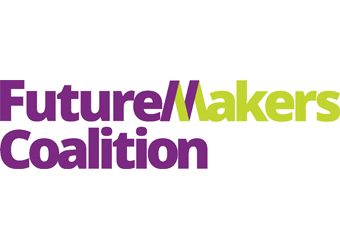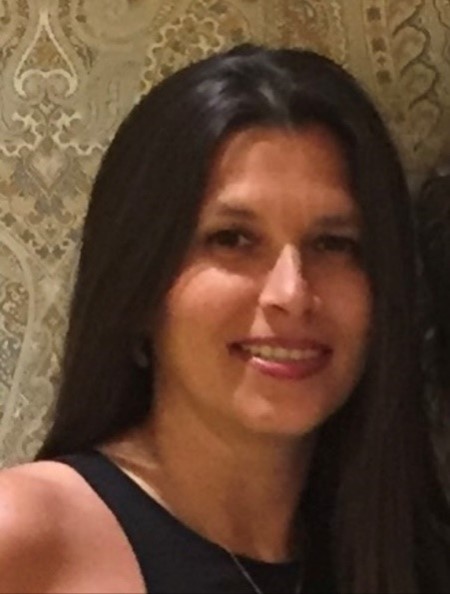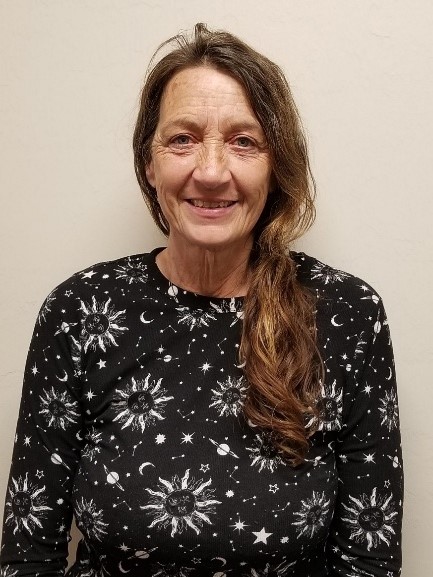 During the fall of 2021, FCAN kicked off its first Advocacy Fellowship, working with Local College Access Networks (LCANs) to bring student voices to Tallahassee and advocating for statewide policies to reach Florida’s SAIL to 60 Initiative and achieve a Talent Strong Florida. This is the fourth part of a spotlight series featuring the LCANs who participated and provide the real stories of their students who advocated for emergency financial aid and a universal FAFSA completion policy. Read Parts 1 2 and 3
During the fall of 2021, FCAN kicked off its first Advocacy Fellowship, working with Local College Access Networks (LCANs) to bring student voices to Tallahassee and advocating for statewide policies to reach Florida’s SAIL to 60 Initiative and achieve a Talent Strong Florida. This is the fourth part of a spotlight series featuring the LCANs who participated and provide the real stories of their students who advocated for emergency financial aid and a universal FAFSA completion policy. Read Parts 1 2 and 3
Formed in 2015, FutureMakers Coalition is a local college access network (LCAN) comprised of more than 100 partner organizations working to help Southwest Floridians earn the high-quality credentials needed to enter the workforce. The coalition’s target population includes traditional-age students who are facing significant barriers to education beyond high school, adults with no education beyond high school, and adults who started a degree or certificate program but never finished.
Click the following link to learn more about the FutureMakers Coalition and its goals for the SWFL region.
During FCAN’s Advocacy Fellowship, FutureMakers — joined by student fellows Leah Casimini and Donna Pitzer — advocated for the necessity of emergency aid for students in Florida.
Florida has the second-lowest tuition for its public colleges and universities. However, tuition is not the only cost students incur when pursuing their postsecondary education. Students are also responsible for fees, housing, technological costs, transportation, childcare (if applicable), and textbooks.
When we consider that the average college student today is over 24 years old, we also have to recognize that these learners are juggling multiple responsibilities while trying to earn their degree or credential. Emergency aid is a critical college retention tool to support students facing economic barriers that could disrupt their educational journey.
Leah Casimini

Leah Casimini
Warning: This section contains references to domestic violence.
Leah Casimini, an adult learner and recent graduate of Florida Gulf Coast University (FGCU), shares her story of domestic violence with us and describes how grateful she is for emergency aid and her education, which helped her create a future for herself and her son.
“I enrolled in FGCU and, a week later, COVID started. I still did everything else — grocery shopping, laundry, cleaning — while schooling myself and my son.”
While Leah worked to continue her studies and manage her son’s education, her son’s father was both verbally and physically abusive. Despite having to navigate an arduous legal process and trying to get herself and her son to safety, Leah didn’t quit.
“Still homeschooling myself and my son, I was almost to graduation after 20 years, I couldn’t quit now. With the resources available — including faculty, mental health assistance, and emergency aid — I was able to complete my bachelor’s degree and finally become a teacher. Because of emergency aid, I was able to graduate in December 2021. I hope this helps other women who are victims of domestic violence to take the necessary steps for their futures.”
Thank you for speaking out and sharing your story, Leah!
Donna Pitzer

Donna Pitzer
Donna is a student at Florida SouthWestern State College in Labelle, Florida. Donna describes her time there as “the most rewarding experience of a lifetime.”
“I dropped out of high school at the age of 15 and went on to work as a groom for horses at racetracks along the East Coast. I received my GED in my late 30s, and went on to continue working with horses and contributing to the agriculture economy.”
As time passed, Donna continued working in the agriculture sector and later received a diagnosis that would change her trajectory. At age 50, Donna became ill and was diagnosed with lymphoma. Coming to the realization that she might not always be able to work in agriculture, Donna made the move to go back to school.
“I walked into the campus at FSW and never looked back. I am forever grateful for all I have learned. But when COVID came, we became homebound, unable to go to work.”
Donna credits federal emergency aid for helping keep her afloat during difficult times.
“Without the emergency aid, I would not have been able to continue my classes and I would not have been able to pay my bills. The emergency aid helped me replace what I had lost. Emergency aid is a great thing for students in many situations, not just during COVID.”
Though the majority of students experienced the benefits of emergency aid through the federal assistance provided during COVID, emergency aid can also help students pay for some of the additional costs associated with college.
While tuition is the most visible cost in postsecondary education, it is not the only thing students must pay for when they decide to go to college. Emergency aid can be used to help students through their educational journey, decreasing the chance that they may stop-out.
“I am forever grateful for the emergency aid I received. Without it, I would not be the adult learner I am today. To be 59 and going to college is a struggle at times, but I feel with the emergency aid, many more adult learners could attend college and take that first step towards higher education.”
RELATED ARTICLES:
FCAN hosts inaugural Advocacy Week
2021-22 Advocacy Spotlight — LEAP Tampa Bay + Student Fellows Sharon Barnett & Charlotte Finnical
2021-22 Advocacy Spotlight — PLANit Sarasota + Student Fellow Noah Ferebee
2021-22 Advocacy Spotlight — Bridge 2 Life South Florida + Student Fellows Hailey McTee & Kemani Nation
